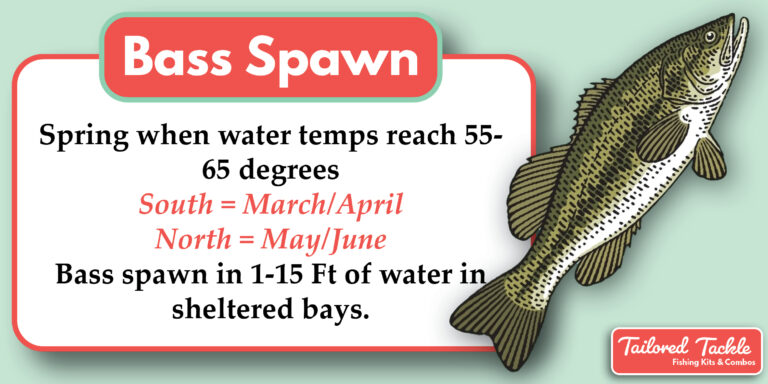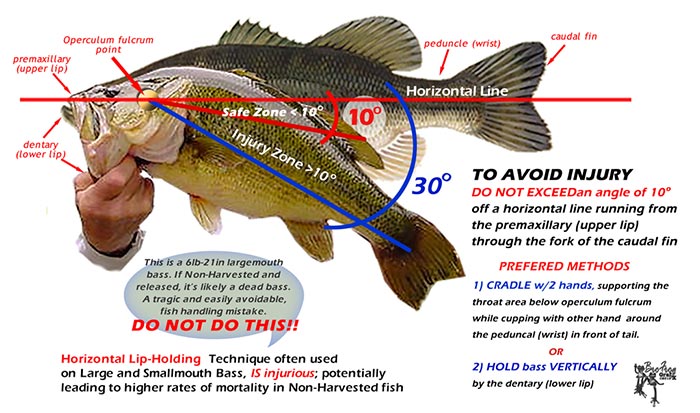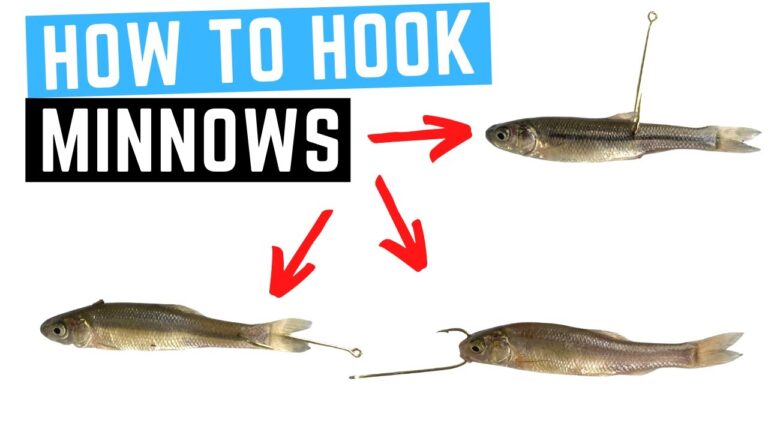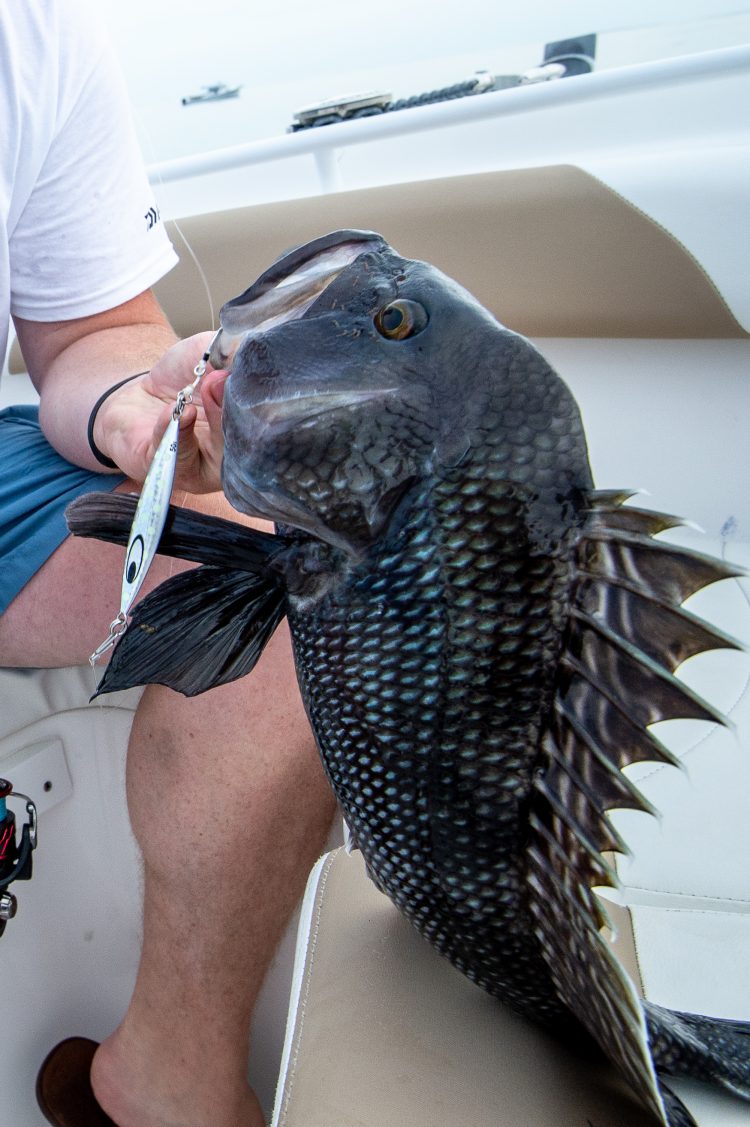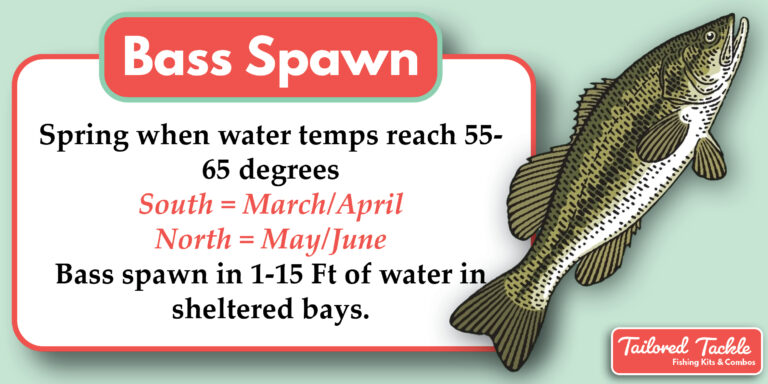How Long Does a Largemouth Bass Live
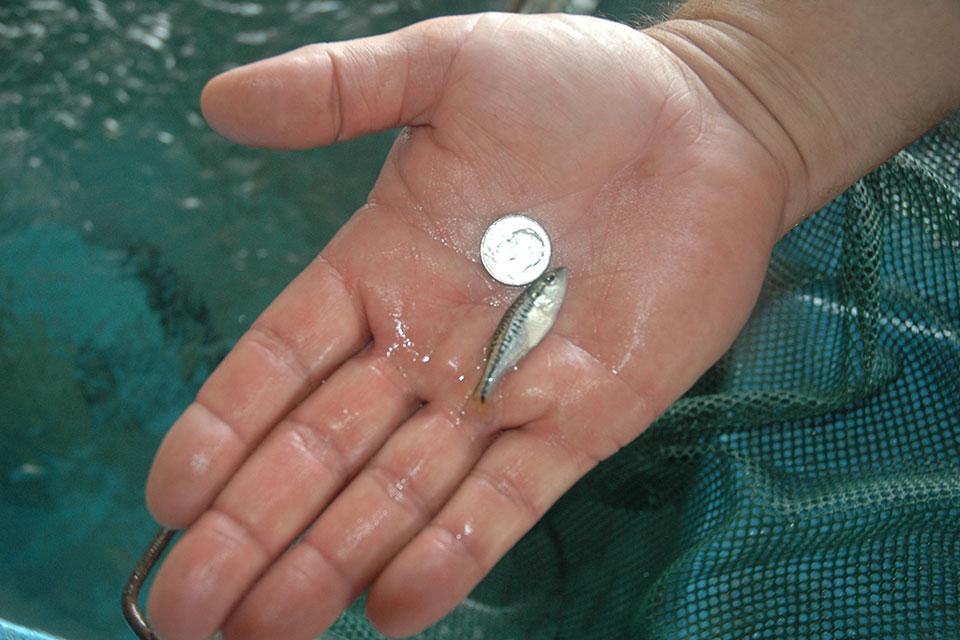
A largemouth bass typically lives for about 10 to 16 years. This lifespan can vary due to factors like habitat and diet.
Understanding the lifespan of a largemouth bass is essential for both avid anglers and conservationists. The largemouth bass, known scientifically as Micropterus salmoides, is a freshwater game fish highly sought after by fishing enthusiasts. Not only is knowing the age of a largemouth bass important for regulatory compliance, but it also helps in managing fish populations and preserving the species for future generations.
Aquatic environments that offer abundant food and cover can support healthier, longer-lived bass. Predation, disease, and fishing pressure are additional variables that might affect their lifespan. Fishermen prize largemouth bass for their size and the challenge they pose on the line, making the management of lifespan data crucial for sustainable sportfishing practices. With the right conditions and effective conservation efforts, these fish can thrive in their natural habitats, contributing to the biodiversity and ecological balance of freshwater ecosystems.

Credit: www.fieldandstream.com
Largemouth Bass Longevity
Largemouth Bass, a popular fish, typically live for 10 to 16 years in the wild. Variables like habitat quality, availability of food, and predation pressure affect their lifespan. Suitable environmental conditions are crucial for their survival.
In captivity, with optimal care, they can sometimes live longer. Controlled environments provide steady diets and shield them from predators. Dedicated care leads to the possibility of a longer life expectancy, which might exceed 20 years.
Factors Affecting Lifespan
The lifespan of a Largemouth Bass can vary. Genetics play a key role. Some bass carry genes that help them live longer. Environment also matters a lot. Clean water and healthy habitats boost their survival chances.
Predators and fishing can shorten a bass’s life. Too many predators or high fishing rates can decrease population age. Diet is another critical part. Bass with access to nutrient-rich foods often live healthier and longer.
Age Determination Techniques
To figure out the age of a largemouth bass, experts often use scale ring analysis. This method examines the rings on a fish’s scales. Much like counting tree rings, each ring on a scale can show one year of life. This is a straightforward way to get an age estimate, but it might not always be exact.
Another accurate way to tell a bass’s age is through otolith examination. Otoliths are small ear stones inside the bass. These stones add layers as the fish grows older. Scientists study these layers to learn the fish’s age.

Credit: www.mossyoak.com
Record-holding Bass
The oldest largemouth bass on record lived an impressive 23 years. Such longevity is rare but certain factors can extend a bass’s life. Stable environments, with clean water and abundant food, contribute to longer lives. Limited predation and reduced fishing pressure also play a key role in helping these fish reach such old age.
| Factor | Contribution to Longevity |
|---|---|
| Environment | Consistent habitat with good water quality |
| Food Supply | Plentiful and rich in nutrients |
| Predation | Low levels of natural predators |
| Fishing Pressure | Areas with less human activity |
Improving Largemouth Bass Survival
Enhancing habitats is key for largemouth bass survival. Creating structures in water provides shelter for fish.
Bass thrive in clean, vegetated waters. Lakes and rivers must stay pollution-free.
Practicing catch and release can increase bass lifespan. Using proper techniques prevents harm to fish.
Fishermen should wet their hands before handling bass. Wet hands protect the fish’s slime coat.
Conservation laws help protect bass populations. Size limits ensure only mature fish are kept.
Season restrictions give bass time to spawn. Everyone must follow these rules to help bass live longer.
Human Impact
The largemouth bass faces significant threats from the fishing industry. Overfishing can lead to population declines.
Pollution, such as heavy metals and pesticides, affects bass health. It can disrupt the fish’s ecosystem. This often results in poorer water quality and habitat loss.
Yet, not all news is bad. There are great conservation efforts underway. Many groups help to restore habitats. They also make rules to limit fishing. These efforts lead to more largemouth bass growing old.
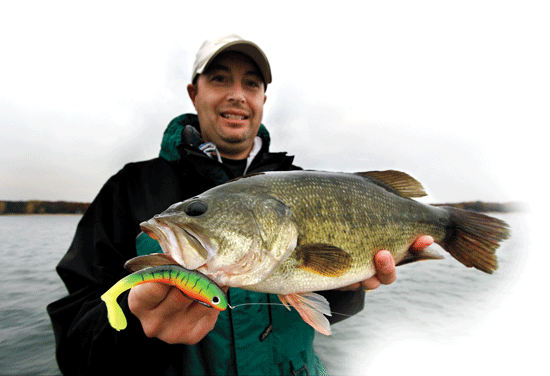
Credit: www.in-fisherman.com
Frequently Asked Questions For How Long Does A Largemouth Bass Live
How Old Is A 10 Pound Bass?
A 10 pound bass is typically between 8 to 10 years old. The exact age can vary depending on factors like species, environment, and food availability.
How Long Do Largemouth Bass Live In A Pond?
Largemouth bass typically live for 10 to 16 years in a pond environment. Their lifespan can vary depending on factors like food availability and pond health.
What Is The Life Expectancy Of A Largemouth Bass?
The typical life expectancy of a largemouth bass is about 10 to 16 years. Factors like habitat and food availability can affect their lifespan.
How Long Do Lake Bass Live?
Lake bass typically live for about 10 to 16 years, depending on environmental conditions and species variations.
Conclusion
Understanding the lifespan of largemouth bass is crucial for both anglers and conservationists. Typically, these fish live for about 10-16 years. Practicing sustainable fishing and maintaining clean habitats can help ensure their longevity. Appreciating the lifecycle of largemouth bass enriches the fishing experience and supports aquatic ecosystems.
